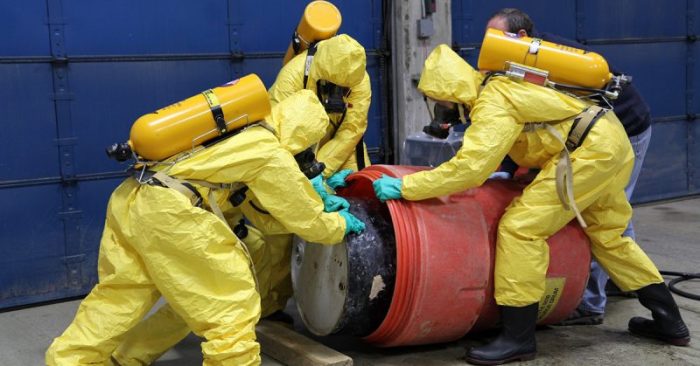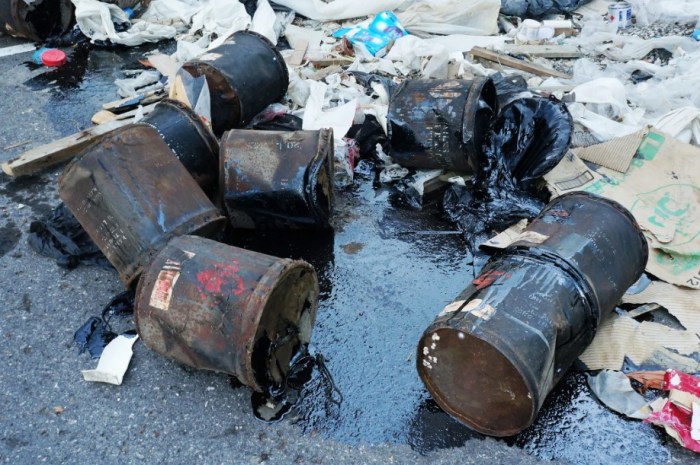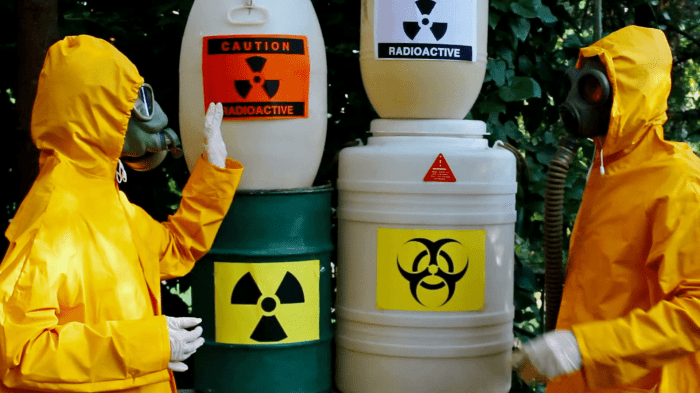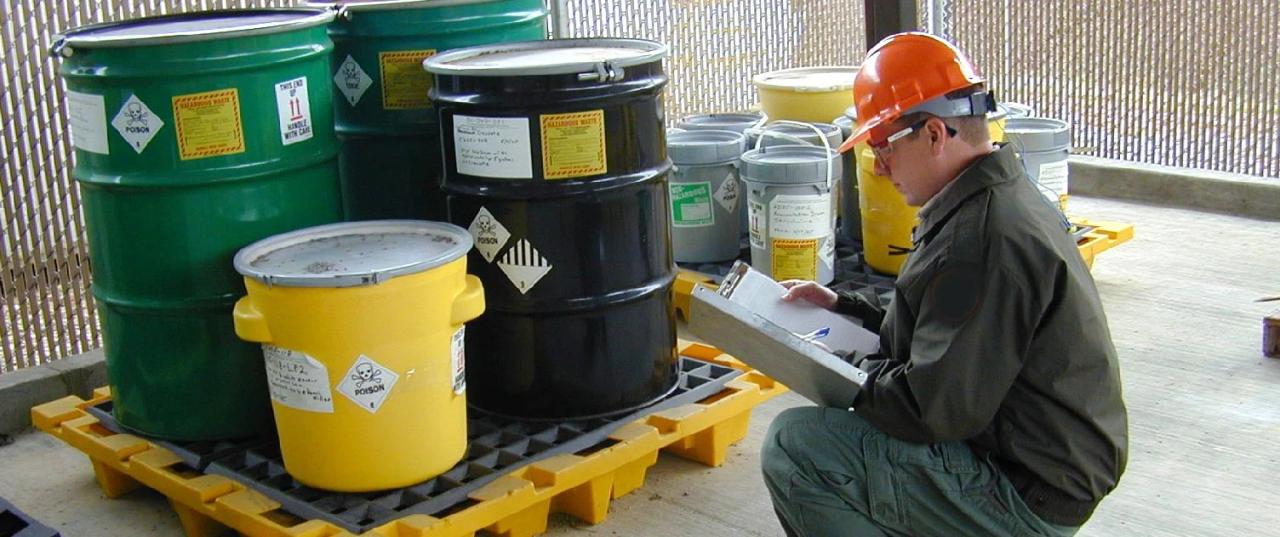Hazardous waste training for pharmacy colleagues is paramount to ensure the safe handling and disposal of hazardous materials within the pharmacy setting. Regulatory requirements mandate such training, emphasizing its significance in protecting human health and the environment.
This comprehensive guide delves into the types of hazardous waste generated in pharmacies, proper handling and storage procedures, waste disposal methods, emergency spill response protocols, training content and delivery methods, and best practices for effective hazardous waste management.
Overview of Hazardous Waste Training for Pharmacy Colleagues
Hazardous waste training is crucial for pharmacy colleagues to ensure compliance with regulatory requirements and protect human health and the environment. It equips them with the knowledge and skills to properly handle, store, and dispose of hazardous waste generated in pharmacy settings.
Regulatory Requirements for Hazardous Waste Training, Hazardous waste training for pharmacy colleagues
- Occupational Safety and Health Administration (OSHA) Hazard Communication Standard (29 CFR 1910.1200)
- Environmental Protection Agency (EPA) Resource Conservation and Recovery Act (RCRA) regulations
- State and local hazardous waste regulations
Types of Hazardous Waste Generated in Pharmacy Settings

Pharmacies generate a variety of hazardous waste, including:
- Chemotherapeutic agents: Cytotoxic drugs used to treat cancer
- Pharmaceutical waste: Expired or unused medications
- Sharps: Needles, syringes, and lancets
- Radioactive waste: Used in nuclear medicine
- Mercury-containing waste: Thermometers, batteries, and fluorescent bulbs
Proper Handling and Storage of Hazardous Waste
Proper handling and storage of hazardous waste is essential to minimize risks. Pharmacies should:
- Use appropriate personal protective equipment (PPE), such as gloves and masks
- Store hazardous waste in labeled, sealed containers
- Separate incompatible waste types
- Keep waste storage areas well-ventilated and secure
Waste Disposal Methods for Hazardous Waste
Pharmacies can dispose of hazardous waste through:
- Incineration: Burning hazardous waste at high temperatures
- Landfilling: Disposing of hazardous waste in specially designed landfills
- Recycling: Reprocessing hazardous waste into usable materials
- Solidification: Stabilizing hazardous waste by mixing it with a solidifying agent
The appropriate disposal method depends on the type and quantity of waste.
Emergency Procedures for Hazardous Waste Spills

In the event of a hazardous waste spill, pharmacies should:
- Evacuate the area and secure it
- Contain the spill using absorbent materials
- Clean up the spill using appropriate PPE
- Report the spill to the appropriate authorities
Training Content and Delivery Methods: Hazardous Waste Training For Pharmacy Colleagues

Hazardous waste training programs for pharmacy colleagues should include:
- Identification and classification of hazardous waste
- Proper handling, storage, and disposal procedures
- Emergency spill response protocols
- Regulatory compliance requirements
Training can be delivered through:
- Online modules
- Workshops
- On-the-job training
Best Practices for Hazardous Waste Management in Pharmacies

Pharmacies can implement best practices to improve hazardous waste management, including:
- Minimizing waste generation through proper inventory management
- Segregating hazardous waste into different categories
- Maintaining accurate records of hazardous waste generation and disposal
- Training staff regularly on hazardous waste management procedures
Essential FAQs
What are the key components of hazardous waste training for pharmacy colleagues?
Key components include understanding the regulatory requirements, types of hazardous waste, proper handling and storage procedures, waste disposal methods, emergency spill response protocols, and best practices for waste minimization and recordkeeping.
What are the different methods of hazardous waste disposal available to pharmacies?
Pharmacies can utilize various disposal methods, such as incineration, chemical treatment, landfilling, and recycling, depending on the type and quantity of waste.